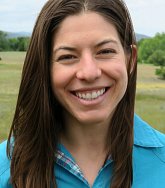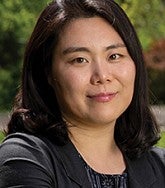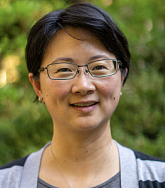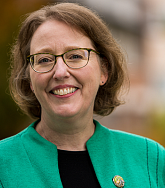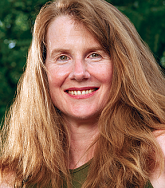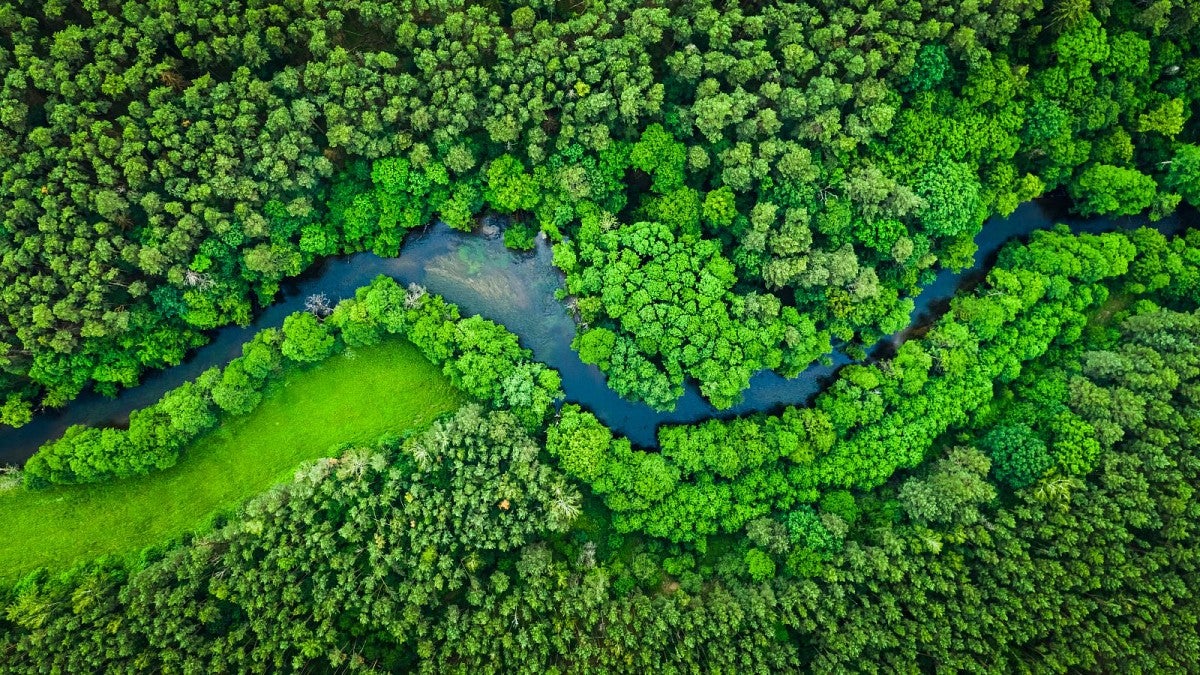The University of Oregon’s Environment Initiative has named six faculty fellows for the 2023-24 academic year.
The Environment Initiative Faculty Fellows Program provides funding to faculty members to complete a project that contributes to the goals of the initiative, which include leveraging environmental research and teaching toward social and environmental justice. The program aims to enhance transdisciplinary research and advance the initiative’s guiding principles.
This is the third year of the fellowship program.
“This year’s group of fellows exemplify the vision and principles of the Environment Initiative, and I am delighted to able to support their projects, each of which will contribute to our collective effort to build a just and livable future,” said Executive Director Adell Amos.
The new fellows are:
Lauren Hallett, associate professor of environmental studies and biology. A plant community ecologist with a goal of producing “usable” science to improve ecosystem management, Hallett will use her fellowship to work to enhance the sustainability of hazelnut agrosystems through relationship building and science coproduction with Willamette Valley hazelnut growers.
Yekang Ko, associate professor of landscape architecture, and
Yizhao Yang, associate professor of planning. Ko and Yang will codevelop a “Place-based Global Sustainability Competency Learning Framework” to enhance students’ sustainability competencies. The sustainability competency model will contribute to global efforts in environmental education. The framework offers a comprehensive approach to sustainability education that can be applied to a wide range of courses.
Ellen Peters, Philip H. Knight Chair and Professor, and director of the Center for Science Communication Research. Peters will conduct transdisciplinary research that identifies strategies to uncover effective methods for communicating about solutions that drive people to action. Based on that research, Peters will build experiential-learning opportunities for students and postdocs in psychology and advertising, teaching scientific methods in psychology and communication to creative-focused students, and exposing research-oriented students to critical aspects of design and creativity.
Peter Walker, professor of geography and environmental studies. Walker will monitor emerging Oregon wildfire policies, focusing on the role of inclusive community-based collaboratives. At the core of much of the activity to build community resilience is a deliberate effort to integrate both Native people and Indigenous knowledge such as cultural burning practices into community-based wildfire management. Walker’s research will examine the possibility that more inclusive and engaged responses to climate-driven wildfire can serve not only to address wildfire threats, but they can also contribute to revitalizing democracy.
Mary Wood, Philip H. Knight Professor and faculty director of the Environmental and Natural Resources Law Center. Wood will work to further develop a Pacific Northwest Framework for Atmospheric Recovery, bringing together experts from universities, tribal nations, government entities and nonprofit organizations throughout the Northwest to accelerate the implementation of natural climate solutions in forests, agricultural lands, rangelands and grasslands in the region.
The Environment Initiative focuses the intellectual energy and work of faculty members, students and community partners on working toward a just and livable future through transdisciplinary research, teaching and experiential learning.
— By Tim Christie, University Communications
